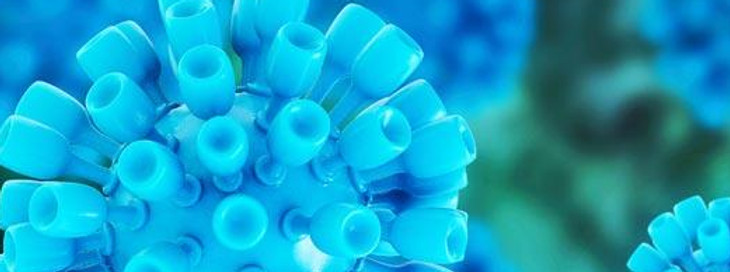
DahariLAB
Mathematical/Computational Virology & Medicine
Hepatitis delta virus RNA decline post inoculation
in human NTCP transgenic mice is biphasic
Stephanie Maya, Leeor Hershkovich, E Fabian Cardozo-Ojeda, Elham Shirvani-Dastgerdi,
Jay Srinivas, Louis Shekhtman, Susan L Uprichard, Andrew R Berneshawi, Thomas R Cafiero,
Harel Dahari, Alexander Ploss
Abstract
Background and Aims Chronic infection with hepatitis B and hepatitis delta viruses (HDV) is considered the most serious form of viral hepatitis due to more severe manifestations of and accelerated progression to liver fibrosis, cirrhosis, and hepatocellular carcinoma. There is no FDA-approved treatment for HDV and current interferon-alpha treatment is suboptimal. We characterized early HDV kinetics post inoculation and incorporated mathematical modeling to provide insights into host-HDV dynamics.
Methods We analyzed HDV RNA serum viremia in 192 immunocompetent (C57BL/6) and immunodeficient (NRG) mice that did or did not transgenically express the HDV receptor - human sodium taurocholate co-transporting peptide (hNTCP).
Results Kinetic analysis indicates an unanticipated biphasic decline consisting of a sharp first-phase and slower second-phase decline regardless of immunocompetence. HDV decline after re-inoculation again followed a biphasic decline; however, a steeper second-phase HDV decline was observed in NRG-hNTCP mice compared to NRG mice. HDV-entry inhibitor bulevirtide administration and HDV re-inoculation indicated that viral entry and receptor saturation are not major contributors to clearance, respectively. The biphasic kinetics can be mathematically modeled by assuming the existence of a non-specific binding compartment with a constant on/off-rate and the steeper second-phase decline by a loss of bound virus that cannot be returned as free virus to circulation. The model predicts that free HDV is cleared with a half-life of 18 minutes (standard error, SE: 2.4), binds to non-specific cells with a rate of 0.06 hour-1 (SE: 0.03), and returns as free virus with a rate of 0.23 hour-1 (SE: 0.03).
Conclusions Understanding early HDV-host kinetics will inform pre-clinical therapeutic kinetic studies on how the efficacy of anti-HDV therapeutics can be affected by early kinetics of viral decline.
Partnerships that get results: Global. Fluid. Connected. Join Us!

